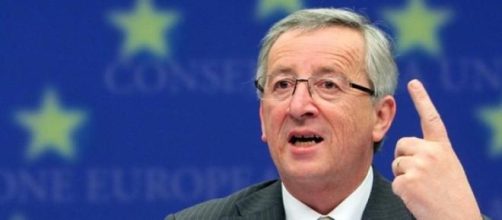The EU Commission President, Jean-Claude Juncker, called this Sunday, for the creation of a joint European military force "that would allow the EU to properly face the threats to its borders and values". The EU Commission President believes that "Europe's image has suffered greatly in terms of foreign policy" and added that the Union is not "taken entirely seriously" internationally and by its enemies. In an interview with the German newspaper Welt am Sonntag, the Commission President specified which threats and enemies he was referring to, by adding that a common military force would be important to "let Russia know we are serious about defending the EU values".
Jean-Claude Juncker also believes that a common military force would encourage further European integration and "prove to the world that there would never be another war between EU countries". It would also help shape a common security and foreign policy and relief the 28 member states of some of its defense and military spending. He also clarified and highlighted that the new European military force would not reduce the role and influence of NATO.
The German Defense Minister, Ursula von der Leyen, welcomed the idea by saying that such a move would "strengthen Europe's security" and that "our future as Europeans will one day be a European army" although probably not in "the short term".
She had already expressed, a month ago, her support for a common military force and further integration saying that "her grandchildren will still probably see the United States of Europe, with its own army".
The United Kingdom has already blocked several moves for the creation of a European army in the past, and has reacted to the European Commission President's words by saying that Britain's position is that "defense is a national responsibility and there is no prospect of that position changing and no prospect of a European army". This position was backed by Labour, UKIP, and the Lib Dems, all opposed to the creation of a joint European military force.

